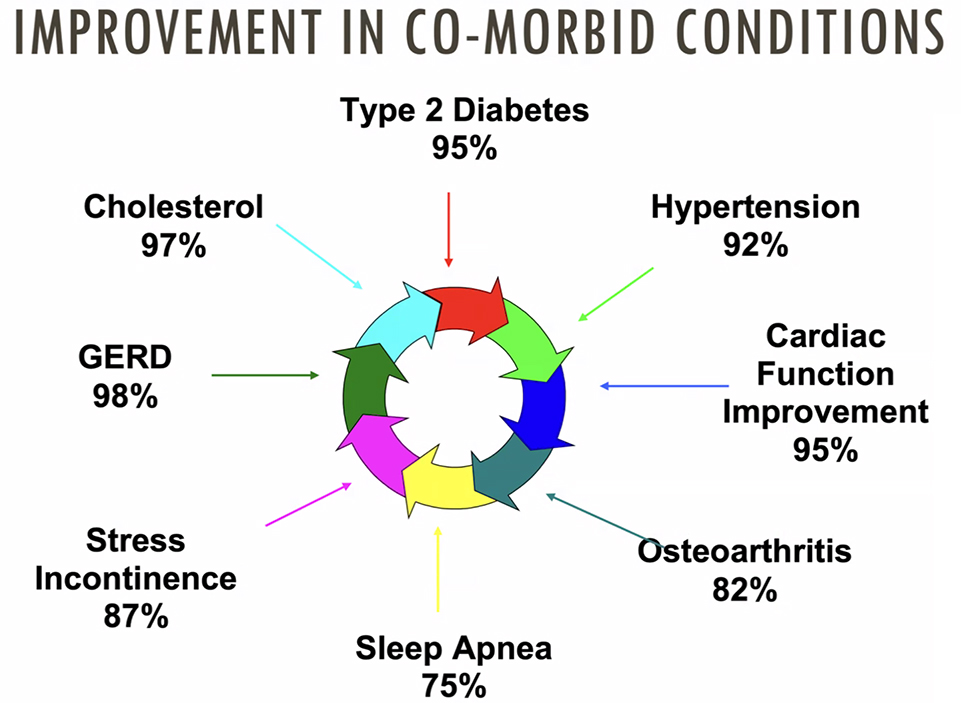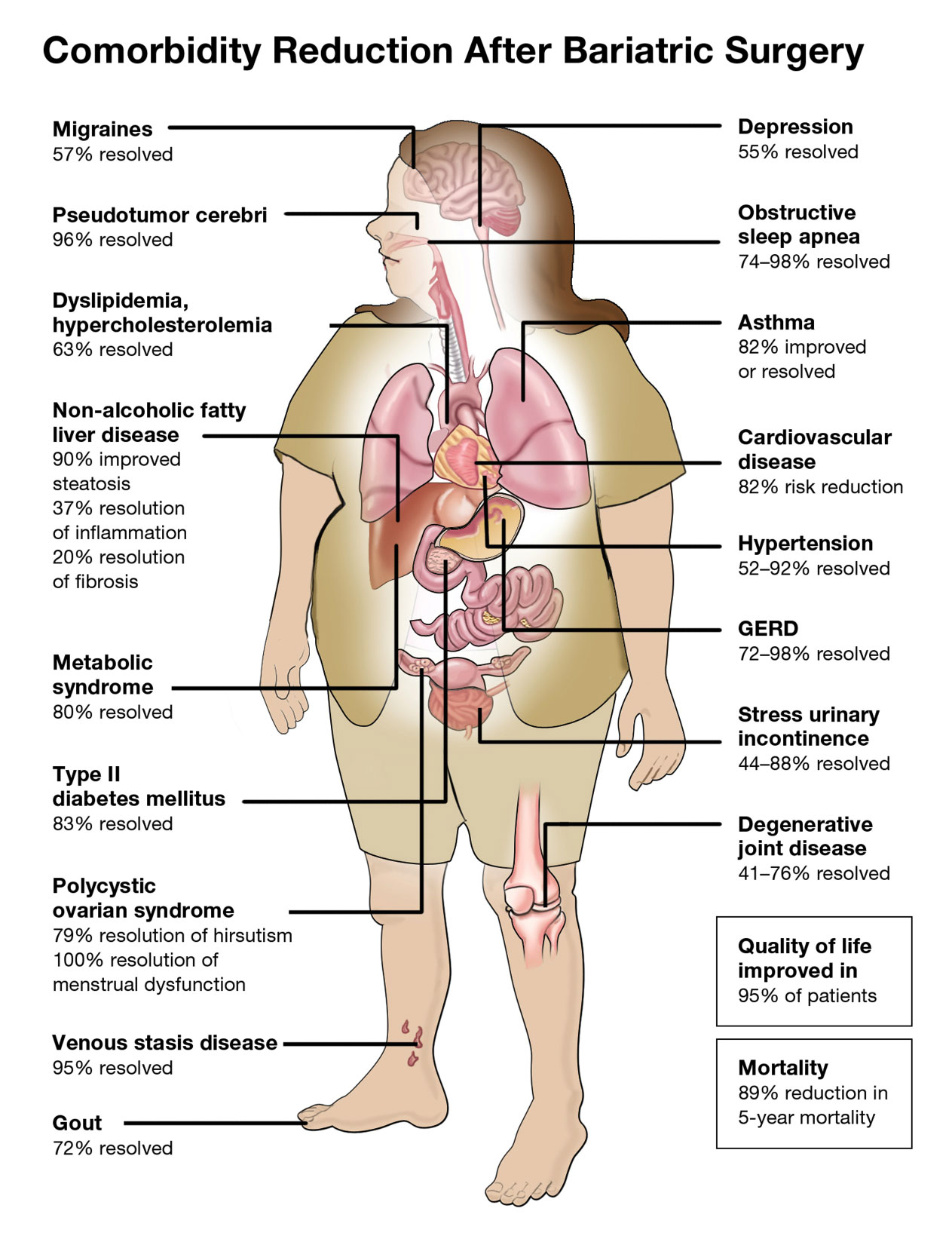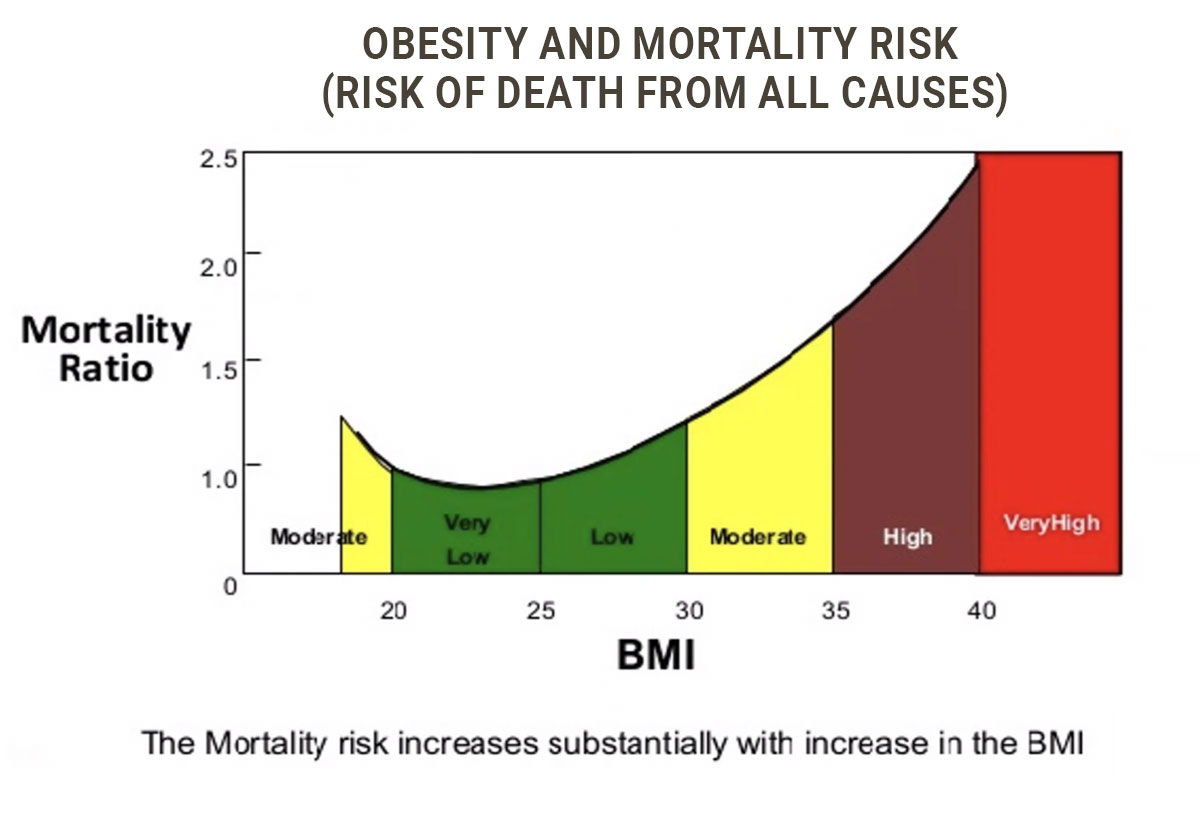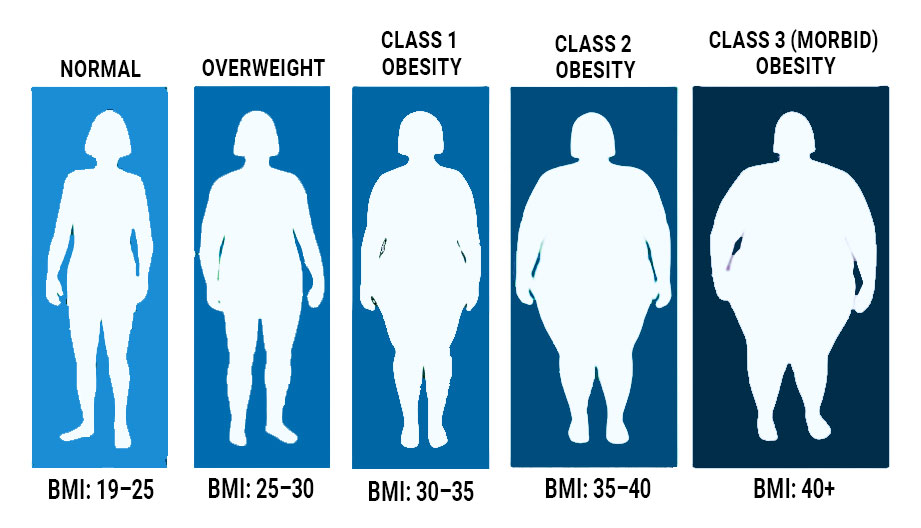Why Bariatric Surgery Often Outperforms Medications
Obesity is a serious, chronic disease that affects far more than just your weight—it impacts your heart, hormones, joints, sleep, and overall quality of life. If you’re exploring long-term weight management options, two choices often come up: bariatric surgery and prescription weight loss medications.
While both approaches can support weight loss, their effectiveness, durability, and overall impact on health vary significantly.
Capital Surgeons Group, specializes in advanced bariatric surgery paired with personalized care plans designed to deliver lasting, life-changing health improvements. This guide compares these options to help you make an informed decision—and explains why surgery is often the most effective, long-term solution.
Comparing Effectiveness: Weight Loss That Lasts
Bariatric Surgery: Proven, Lasting Results
Bariatric procedures—such as gastric bypass, sleeve gastrectomy, and duodenal switch—typically result in a 60–70% loss of excess weight, with sustained success documented over decades.
These surgical procedures:
- Permanently reduce stomach size and capacity
- Lower hunger hormone levels (like ghrelin)
- Improve insulin sensitivity and blood sugar regulation
With structured support, most patients maintain significant weight loss and enjoy improved health long after surgery.
Weight Loss Medications: Moderate Results with Ongoing Use
GLP-1 receptor agonists—including Wegovy®, Ozempic®, Zepbound®, and Mounjaro® —can lead to 15–20% total body weight loss. However:
- Weight loss typically plateaus after 6 to 12 months
- Most users regain weight after stopping the medication
- These drugs often require ongoing, sometimes lifelong, prescriptions and injections
Health Benefits Beyond the Scale
Bariatric Surgery: Powerful Impact on Chronic Conditions
At Capital Surgeons Group, we’ve seen bariatric surgery dramatically improve—or even fully resolve—many obesity-related diseases, including:
- Type 2 diabetes (70–95% remission)
- High blood pressure and cholesterol
- Obstructive sleep apnea
- Fatty liver disease
- Joint pain and inflammation
These improvements often lead to reduced medication dependence, better mobility, and a renewed sense of confidence and vitality.
Weight Loss Medications: Some Health Gains, but Limited Impact
While medications may help improve blood sugar control, blood pressure, and cholesterol, they rarely reverse these conditions the way surgery can. Benefits often wane without consistent, long-term use.
Understanding the Options: What to Expect
Bariatric Surgery: One Procedure, Lifelong Results
Surgery involves a short hospital stay, a structured recovery, and ongoing medical and lifestyle support. At Capital Surgeons Group, we offer:
- Sleeve Gastrectomy – Removes a large portion of the stomach to reduce appetite and capacity.
- Gastric Bypass – Creates a small stomach pouch and reroutes digestion to promote significant weight loss and diabetes control.
- Duodenal Switch (SADI) – Provides the highest average weight loss, especially effective for severe obesity
- Bariatric Revision Surgery & Lap Band Removal – For patients needing corrective procedures or transitioning to more effective treatments.
Capital Surgeons Group provides comprehensive evaluations, pre-surgical education, and long-term follow-up to ensure lasting success.
Weight Loss Medications: Ongoing Treatment with Temporary Gains
Though non-invasive, these drugs come with potential drawbacks:
- Common side effects: nausea, constipation, fatigue, gastrointestinal issues
- Serious risks: pancreatitis, gallbladder disease, mood changes, elevated heart rate
- Temporary benefits: weight regain is common after stopping treatment
Why Bariatric Surgery May Be Right for You
Surgery isn’t for everyone—but for many, it’s the only intervention with long-term, disease-reversing potential. You may be an ideal candidate if you:
- Have a BMI of 40 or higher
- Have a BMI of 35+ with obesity-related health conditions like diabetes or sleep apnea
- Have not achieved long-term success with diet, exercise, or medication
- Are ready for a permanent, structured solution
Unlike medications that require indefinite use, bariatric surgery is a one-time procedure that rewires your metabolism and restores long-term health.
Why Choose Capital Surgeons Group?
At Capital Surgeons Group, we go beyond surgery. We provide:
- Board-certified bariatric surgeons with decades of experience
- Full-service pre- and post-op support, including nutrition, mental health, and physical activity guidance
- Personalized care plans to meet your unique goals
- A compassionate team that supports you before, during, and long after surgery
We understand that weight loss is about far more than numbers on a scale—it’s about reclaiming your health, your energy, and your life.
Take the Next Step Toward a Healthier Life
Obesity is a serious medical condition with far-reaching health consequences. However, weight loss surgery offers a proven solution for individuals struggling with severe obesity, improving health outcomes, reducing comorbidity risks, and adding years to life expectancy.
If you or a loved one is considering weight loss surgery, consult with a bariatric surgeon at Capital Surgeons Group to explore your options and take the first step toward a healthier, longer life.
Start today— take the 60-second assessment on our website to find out if you’re a candidate. Your transformation begins with the right information and a trusted surgical partner.
Take the First Step in Knowing if Weight Loss Surgery is Right for You
Real People, Real Results
Hear How Weight Loss Surgery Changed Their Lives
You May Also Like
Make an informed, confident decision about surgery by understanding your options, risks, recovery, and whether a non-surgical path may be right for you. [...]
Experience minimally invasive surgery at Capital Surgeons Group, combining advanced robotic and laparoscopic techniques for faster recovery and less pain. [...]
Capital Hand & Wrist Center, led by Dr. Jonathan Lundy, provides expert, compassionate care for hand, wrist, and upper extremity conditions in Austin. [...]
GLP-1 drugs offer non-surgical weight loss, while bariatric surgery provides lasting metabolic changes—we break down which option suits different needs. [...]
Discover how bariatric surgery offers 80% long-term success and can reverse chronic conditions like diabetes and sleep apnea. [...]
Understand how excess weight affects heart disease, life expectancy, and daily function—and how surgical treatment can change the trajectory. [...]
Learn why bariatric surgery offers lasting, life-changing weight loss and significant health benefits beyond medications. [...]
Bariatric “Weight Loss” Surgery: What You Need to Know
Your Authority in
Weight Loss Surgery
Discover the latest procedures and research on new weight loss drugs. Capital Surgeons Group provides expert weight loss solutions with advanced laparoscopic surgery and personalized care. [...]
Bariatric Surgery vs.
Weight Loss Drug
Explore Bariatric Surgery vs. Weight Loss Medications. Surgery offers greater weight loss and health benefits, but is invasive. Medication is easier on the body but has side effects and less weight loss. A doctor can help you choose the best option based on your needs. [...]
Long-Term
Weight Loss Solutions
Learn about the power of surgical weight loss, including the three laparoscopic weight loss surgery options, the top four benefits of weight loss surgery, and whether bariatric surgery is right for you. Discover how to embrace a healthier lifestyle post-surgery. [...]
Prepare for
Weight Loss Surgery
Preparing for weight loss surgery is essential for a positive outcome. Here are some important steps to take, including consulting a healthcare professional, researching the different types of surgery, making dietary and lifestyle changes, and building a strong support system. [...]
Benefits of
Weight Loss Surgery
Weight loss surgery can lead to significant and sustained weight loss, improved obesity-related health conditions, enhanced quality of life, and long-term health benefits. Learn more about the benefits of weight loss surgery today and consult with your healthcare professional to see if it's right for you. [...]
Am I a Candidate
for Bariatric Surgery?
Find out if you're a candidate for bariatric (weight loss) surgery. Learn more about the key factors that healthcare professionals consider, including BMI, weight loss attempts, health issues, psychological well-being, commitment to lifestyle changes, and more. [...]
What is Bariatric Surgery?
Discover the life-changing benefits of bariatric surgery, including weight loss, improved health, and increased self-confidence. Explore the various types of procedures, from sleeve gastrectomy to gastric bypass, and learn what to expect before, during, and after surgery. [...]
Bariatric Revision Surgery
Learn about Bariatric Revision Surgery and Adjustable Gastric Band Removal. Explore the procedure details and the compelling benefits of these weight loss solutions. [...]
Duodenal Switch “SADI”
Explore the transformative Duodenal Switch procedure, also known as SADI, and discover how it can positively impact your health. Learn about the benefits, risks, and post-operative care involved in this weight loss surgery. [...]
Gastric Bypass Surgery for
Effective Weight Loss
Gastric bypass surgery is a highly effective weight loss procedure that can help you achieve significant and lasting weight loss. Discover how this life-changing surgery can improve your health and overall well-being. [...]
Sleeve Gastrectomy
Changes Lives
Learn more about the benefits of sleeve gastrectomy and how we use the da Vinci robotic surgery system to provide our patients with the best possible care. [...]































